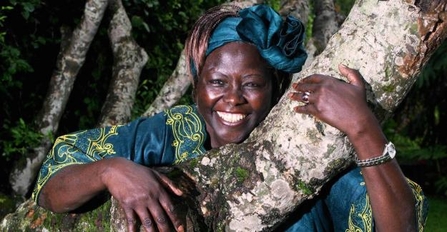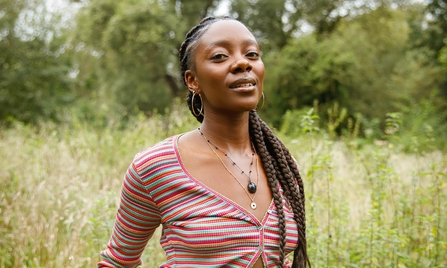I am personally surrounded by inspirational Black female change makers every day. I am often and continuously inspired by Black women who are frequently the voices for the community and spearheads for change. Take Baroness Doreen Lawrence, Professor Dame Elizabeth Anionwu and Olive Morris as just a few examples. It is important to recognise these women did not have a choice to create change, for them it was a must in the face of injustice being experienced.
Throughout the month so far, I have seen different organisations and sectors release a list of history makers within their industry and I wanted to do the same. I want to salute Black Women making an impact in the past and future for the climate, nature and for us.



